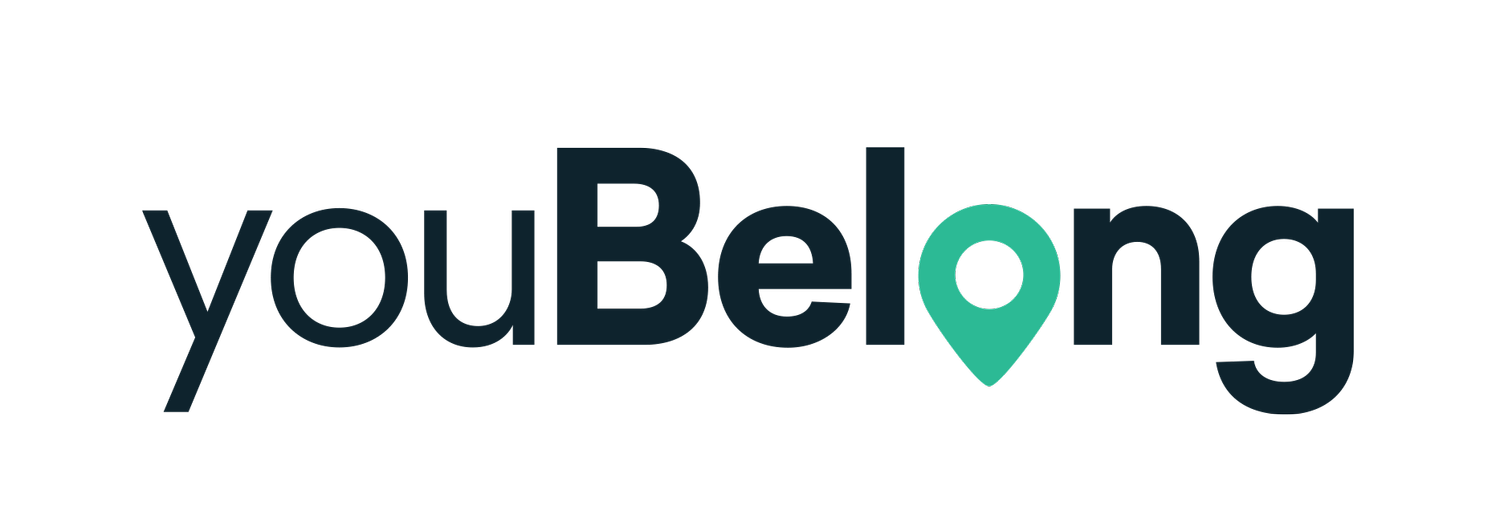TedXTalk with Tim Buxton
Tim Buxton, founder and CEO of You Belong, recently spoke at TedX in Currumbin on Queensland’s Gold Coast. In his talk, Tim shares his experiences while working in the Kurdistan region of Iraq at the height of the ISIS invasion. With passion and humility, he conveys the impact the three-year sojourn had on him personally and his subsequent desire to see everyone everywhere knowing that they belong and how he and his wife Sarah came to establish a charity that supports refugees here in Australia and overseas.
Tim and Sarah, with their three children aged just 3 years, 2 years and 9 weeks, arrived in Iraq totally unaware of the chaos engulfing the region that was to be their new home. ISIS, then a relatively unknown rebel group with the relentless determination to establish an Islamic caliphate, had stormed across the border from Syria and violently invaded the country’s second largest city of Mosul. It was June 9, 2014.
“It wasn’t until we drove the two-hour winding road past seven army checkpoints, over three mountain ranges to our new hometown of Soran that we were informed by the locals about the nearby ISIS invasion,” said Tim.
“Daily, thousands of families were on the move, escaping certain death or enslavement as ISIS swept through village after village. More than 2 million men, women and children flooded into our region known as Kurdistan,” he added. UN refugee camps were set up and displaced families sought shelter wherever they could.
Tim and his family spent the next three months settling into their new home amidst a growing and overwhelming humanitarian crisis. ISIS continued to gain ground, inching ever closer to Soran. Like the rest of the world, they watched helplessly the TV reports of yet another genocide of the Yezidi people. Tragically, ISIS would eventually capture and enslave some 11,000 women and children while over 5,000 men and boys were executed.
As the situation deteriorated, and in response to Australian and US government and NGO directives, Tim and his family made plans to evacuate. Thus followed a harrowing 12 hour night-time taxi journey into neighbouring Turkey. Tim remembers being gripped with fear wondering if by leaving they would be captured by ISIS and the uncertainty of not knowing if they would ever be able to return. “Worse,” said Tim emotionally, “was this feeling of guilt of leaving our new friends and neighbours behind.”
The efforts of the US led coalition and Peshmerga fighters stabilised the situation and within a few weeks they were able to return safely to Soran. Tim and Sarah would spend the next three years living, learning and working alongside the local people and the displaced Yezidi and Shabak families who had courageously sought safety in the region.
In his talk, Tim draws attention to the impact that labels can have on people – for good or for bad. From his time in Iraq, he discovered how broken the global response to the refugee crisis had become and suggests that the problem is largely due to the inaccurate way the 82.4 million displaced people in the world are perceived and labelled.
In collaboration with the mayor of Soran and local community leaders, the NGO Tim was serving with established communities of refuge for the thousands of displaced people flooding into this mountainous haven (but for the multitudes of landmines hidden all over the countryside) and eventually seven micro-villages were established. With generous help from around the world they were also able to build a school, provide education for the children, set up a medical clinic and pilot a ground-breaking rehabilitation program for the men and women in their care – a model of what dignified refugee care can look like.
Tim circles back to elaborate on the power of labels. “Labels create a narrative, a story,” he says, “sometimes unintentionally, many times though intentionally for good or for worse.”
In terms of the labels that society has created for refugees he says, “Refugees are called displaced, placeless, stateless, undocumented migrants, IDP’s. Those seeking asylum are labelled illegal immigrants, boat people, queue jumpers. Their worth and true identity has been hijacked from them and in the process the world’s most vulnerable to poverty and exploitation of all kinds (and of which 40% are children) are becoming dehumanised.”
Tim proposes a new all-encompassing term for those who have been forcibly displaced from their homes – Waymakers. He suggests that if people on the move can instead be seen as those making a way for their families they will be empowered with dignity and hope.
When Tim and Sarah returned to Australia they found that many Yezidi families had resettled here and needed assistance. Tim says he was inspired by the poet Maya Augelou who famously wrote, “You are only free when you realize you belong no place – you belong every place – no place at all.”
Then, in 2017 they were led to establish the charity You Belong Australia, which aims to lead the way in welcoming and empowering refugees to thrive in their community.
You Belong has since partnered with government and other organisations, and together with the support of everyday Australians is now offering programs to equip Waymakers with skills they need to live productive lives in their new homes.
Tim concludes his talk with an invitation, “Will you join me in welcoming our newest neighbours?
Will you join me in empowering and looking to the world’s displaced as our teachers, wherever they might be on their journey to seek refuge, to find home, until we all belong. And last, but not least, will you join me in seeing and calling the displaced Waymakers?
Watch the complete TedX talk here:



